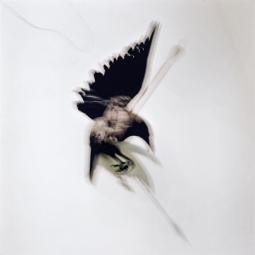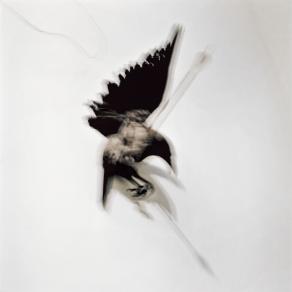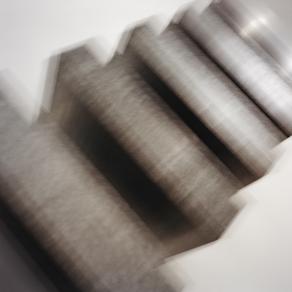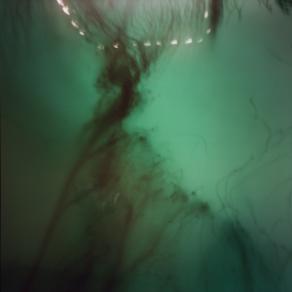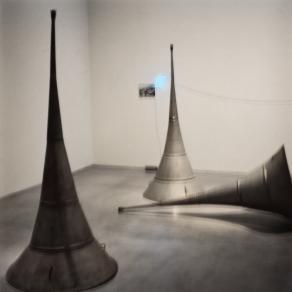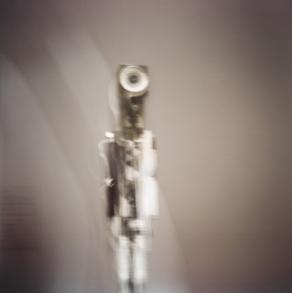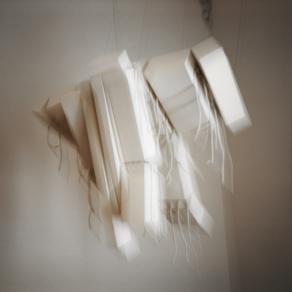Alnis Stakle
Artista, Fotografo, Riga, Latvia, iscritto 11 anni fa
The genuine aura appears in all things, not just specific ones as people imagine.
Walter Benjamin - On Hashish, Protocol V
Philosophers’ propensity to discuss the semantics and value of original and its copy as well as the intricate interconnections between the two can be traced back to Plato. The discussion is still ongoing. Works in this series were inspired by Walter Benjamin’s “Protocols of Drug Experiments”, Jean Baudrillard’s “Simulacra and Simulation”, Boris Groys’s “Art Power” and Nicholas Bourriaud’s “Relational Aesthetics”.
Since the dawn of the 20th century, works of art have often been described by referring to aura to put into words the intangible, phenomenological substance that surrounds an object of perception and epitomises its authenticity. Certainly, aura is not an essential component of a work of art and/or depicted object. Rather, it relates to the medium of perception and is grounded in particular structures of visual perception. The essence of aura is encoded in the distance between a work of art and its viewer – a distance that never fully disappears but can be closed with a look. Metaphorically, a work of art and its aura are never amenable to physical touch. Yet they are accessible with a look, which should be interpreted not only as a sensory reaction to a visual stimulus but rather as an instinctive affective response more in the domain of unconscious mental structures.
This series originates in different art museums where photographs were taken of seminal works by such iconic artists as Jannis Kounellis, Dan Flavin, Man Ray, Yves Klein, Hermann Nitsch, Wolfgang Tillmans, Donald Judd, Gerhard Richter, Michelangelo Pistoletto, Santiago Sierra, Francis Bacon, Charles Long, Sam Taylor-Johnson, Anish Kapoor, etc. Pieces for the series were selected through instinctive reaction to photographed artwork. The photographic medium was used with a utopian hope to capture and obtain an imprint of artwork’s aura in photographs. My personal and conceptual concern was not just taking photographs of seminal works of art but rather photographing them with a long lens technique, without a tripod – a method that imprints on a negative my principal bodily rhythms, such as breathing and heartbeat.
To paraphrase Boris Groys, who describes the varied inspirations and methods of contemporary works of art by claiming that a piece can be created not only as copy from original but also as original from copy, I would interpret the creation of works in the Aura Project series as emergence of original from original.
All works are archival pigment ink prints on rag paper, 130cm x 130cm (ed 7).
News
celeste,
